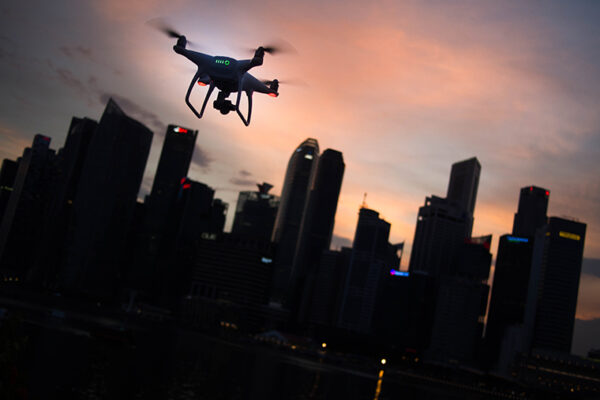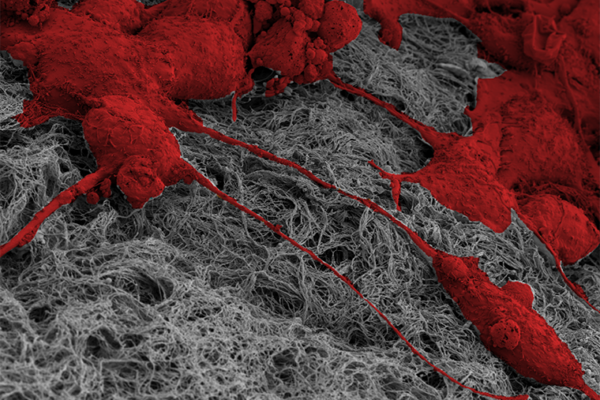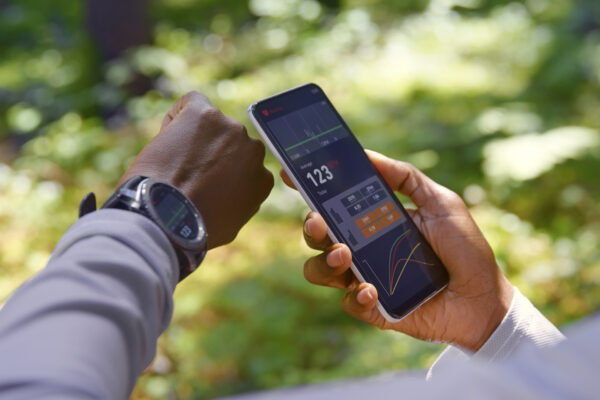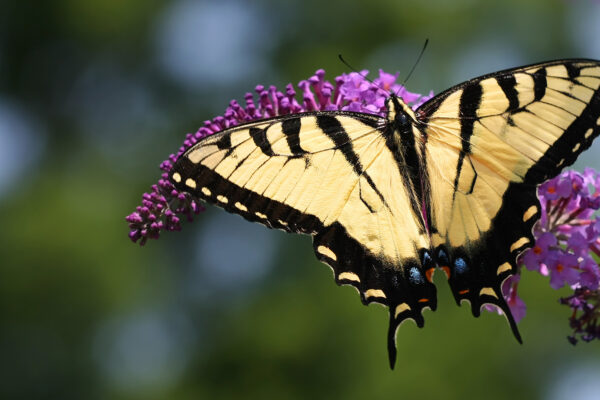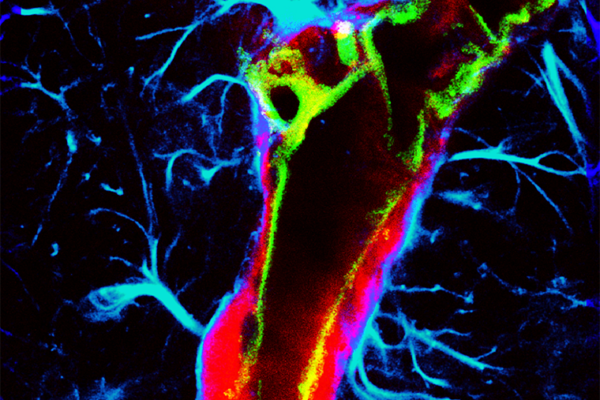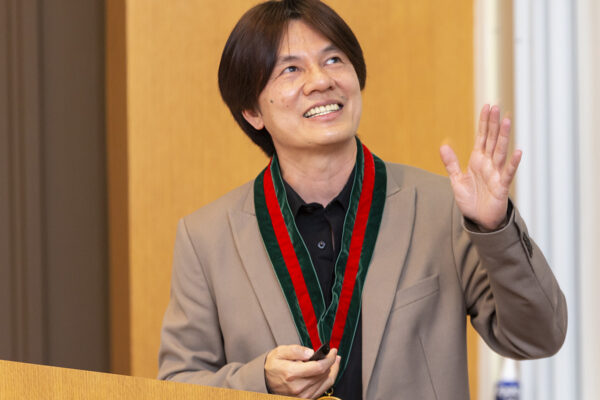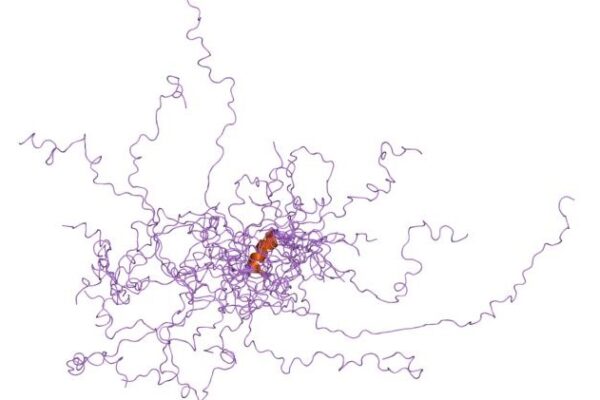Induction of a torpor-like state with ultrasound
Some mammals and birds have a clever way to preserve energy and heat by going into torpor, during which their body temperature and metabolic rate drop. Researchers at Washington University in St. Louis safely and noninvasively induced a torpor-like state in mice and rats by using ultrasound to stimulate the hypothalamus preoptic area in the brain.
Engineers to unlock new possibilities for autonomous systems
Yiannis Kantaros, an assistant professor at the McKelvey School of Engineering, received a $413,694 grant to advance the safety, efficiency and transferability of artificial intelligence-enabled autonomous robots.
Environmental memory propels collective cell migration
Researchers in Amit Pathak’s lab at the McKelvey School of Engineering found that cells learn from past environments to promote future invasions.
Data from wearables could be a boon to mental health diagnosis
A team of researchers from the McKelvey School of Engineering and the School of Medicine are using Fitbit data and deep learning to detect depression and anxiety.
How to avoid mosquito bites
Katie Westby, a vector and disease ecologist at Tyson Research Center, applies a strong DEET repellant and wears treated clothing when she’s headed deep into the woods, but uses a lighter touch at home. She warns that pet dogs and cats can also be affected by mosquito bites.
Butterfly beginnings
Biologists including Michael Landis in Arts & Sciences worked with researchers from dozens of countries to reconstruct the origin and global spread of butterflies. The resulting butterfly tree of life reveals that they got their start in North America.
Insight into brain’s waste clearing system may shed light on brain diseases
Researchers at the McKelvey School of Engineering discovered how to use focused ultrasound with microbubbles to examine the glymphatic system. Impairments in this system may contribute to brain diseases, such as neurodegenerative diseases and stroke.
Motivations for taking the moral high ground
Jessie Sun, an assistant professor of psychological and brain sciences in Arts & Sciences, examines what drives good deeds.
Li named Wilson Professor of Engineering
Jr-Shin Li, a professor of systems science and mathematics at the McKelvey School of Engineering, has been named the Newton R. and Sarah Louisa Glasgow Wilson Professor of Engineering.
Pappu to explore ways in which charge contributes to diverse states of proteins
Rohit Pappu at the McKelvey School of Engineering received a National Science Foundation grant to study the impact of charge regulation on intrinsically disordered proteins.
Older Stories

